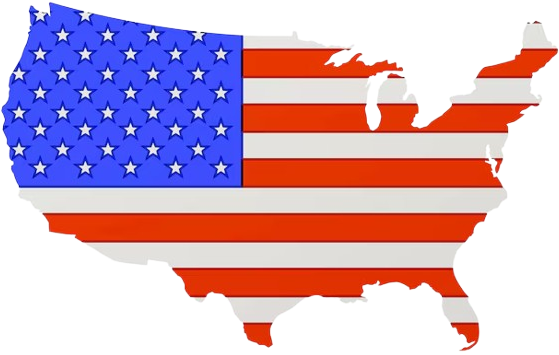Transporting paint thinners and removers can be a challenging task given their hazardous nature and strict regulatory environment. These materials, often classified as dangerous goods, require careful handling and specific freight services to ensure they are delivered safely and in compliance with legal requirements.
Understanding Freight Services for Paint Thinners & Removers
Freight Sidekick offers a variety of surface transportation options for shipping paint thinners and removers across the United States and Canada. Depending on your shipment's size and requirements, you can choose between Full Truckload (FTL), Less Than Truckload (LTL), or Partial/Shared Truckload services.
- FTL: Best for companies needing to transport large volumes utilizing Dry Van, Refrigerated, or Flatbed trucks.
- LTL: Ideal for smaller quantities, maximum payload is about 15,000 lbs.
- Partial/Shared Truckload: For shipments that fall between LTL and FTL, offering a cost-effective method for medium-sized loads.
Technical Considerations and Safety Protocols
When shipping hazardous substances like paint thinners and removers, freight services must adhere to stringent safety protocols. Ensuring that materials are stored in approved containers, and properly labeled, is critical to prevent accidents and comply with DOT regulations.
- Use appropriate shipping labels and packaging.
- Ensure proper ventilation in the transport vehicle to avoid hazardous accumulation of vapors.
- Secure load to prevent movement during transit.
Loading and Unloading Procedures
Loading and unloading hazardous materials must be done with care. Personnel should be trained in handling such products to mitigate risks.
- Check the integrity of containers before loading.
- Ensure all labels are visible and correct.
- Follow proper lifting protocols to prevent spills.
- Secure all items during transit to prevent movement.
Bill of Lading: An Essential Document
A Bill of Lading (BOL) is a critical document for the legal transit of paint thinners and removers. It serves as a receipt for the shipper and a document of title, effectively outlining the nature of the goods and conditions covering the shipment. You can create a valid document using our Bill of Lading Generator.
Cost-Saving Strategies
Reducing shipping costs while ensuring safety and compliance can be challenging. Consider the following strategies to minimize expenses:
- Consolidate shipments to maximize load efficiency.
- Select off-peak shipping times to avoid premium charges.
- Use the Freight Class Calculator to determine accurate pricing.
Get Personalized Assistance for Shipping Paint Thinners & Removers
Our experts at Freight Sidekick are ready to assist you in navigating the requirements for transporting paint thinners and removers. With our range of tailored solutions, we ensure your shipment is handled with the utmost care. Get a quote today, call us at 877-345-3838 or email support@freightsidekick.com.











